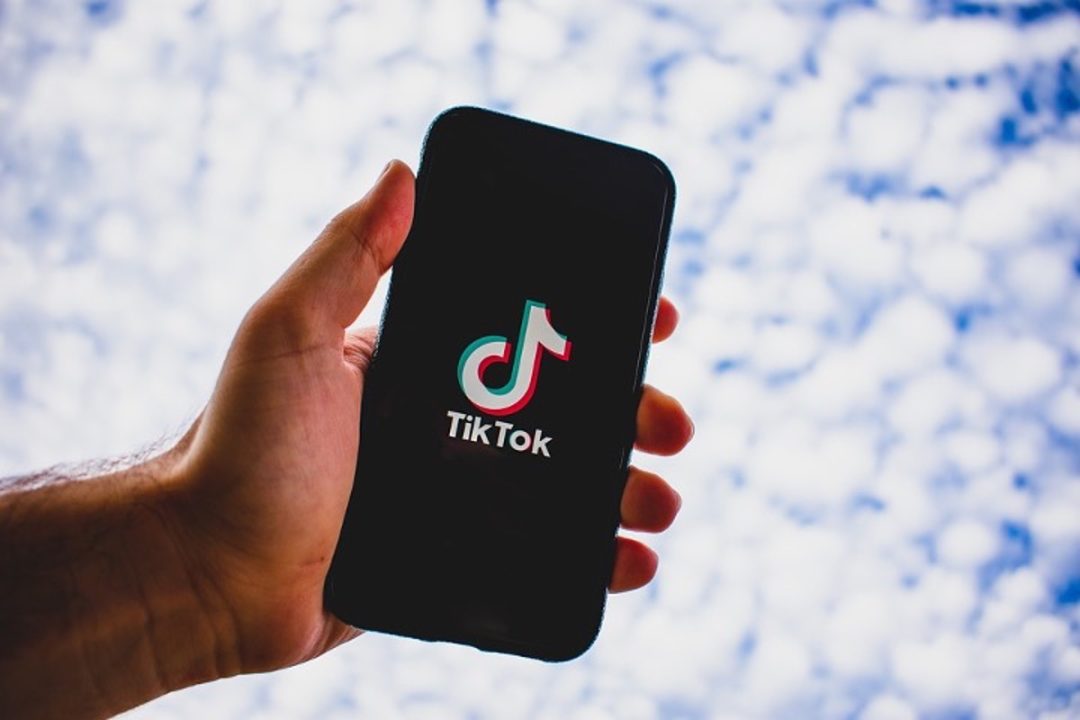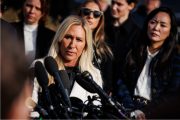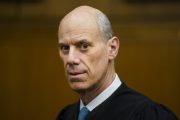
A new agreement between the U.S. government and ByteDance, TikTok’s Chinese parent, is set to shift control of the app’s American operations. A joint venture led by Oracle, Silver Lake, and Andreessen Horowitz would assume oversight of TikTok in the U.S., including its powerful recommendation algorithm. President Donald Trump also cited the possible involvement of two billionaires — media mogul Lachlan Murdoch and computer pioneer Michael Dell.
White House press secretary Karoline Leavitt said Saturday that the app “will be majority-owned by Americans in the United States,” with six of seven board seats controlled by U.S. citizens. She added she was “100 percent confident that a deal is done.”
According to the media reports, ByteDance would lease TikTok’s algorithm to the new U.S. entity, where Oracle would retrain it. Investors like Susquehanna International, KKR, and General Atlantic would keep stakes. At the same time, Chinese ownership would fall to about 20 percent, with no role on the security committee. Beijing would hold only a passive financial stake, with no control over data or the algorithm.
A senior White House official told the press that Trump plans to sign an executive order this week to confirm the deal meets U.S. security concerns.
Analysts at brokerage firm Wedbush estimate the app is worth $40 to $50 billion without the algorithm. With the algorithm included, its worth is projected to be well over $100 billion.
TikTok now has between 135 million and 170 million monthly users in the U.S. Nearly six in 10 Americans aged 18 to 29 are on the app, making it one of the country’s favorite platforms for young people.
New Controllers of TikTok
The proposed deal would hand TikTok’s U.S. operations to a consortium of powerful investors, each with deep ties to politics, globalist structures, and media influence. Their backgrounds and agendas raise questions about how the platform will be managed and whose interests it will ultimately serve.
Oracle
Oracle, the cloud computing giant founded by billionaire Larry Ellison, will take charge of “data and privacy.” It will also store U.S. user information in domestic facilities.
The company has become central to artificial intelligence and national security infrastructure. It has close ties to U.S. defense and intelligence agencies, particularly the Central Intelligence Agency (CIA). Ellison is one of Trump’s earliest Silicon Valley backers. He recently overtook Elon Musk as the world’s richest man, and has expanded his influence across technology and media.
Ellison is also an outspoken supporter of Israel and a major donor to the Israel Defense Forces (IDF) and pro-Zionist causes. His media ambitions have grown in tandem. In August, with the help of Trump’s Federal Communications Commission (FCC), his son David Ellison’s Skydance bought Paramount, parent of CBS News. David has quickly moved to steer its politics rightward, reportedly planning to acquire the “anti-woke” outlet The Free Press and bring its co-founder Bari Weiss into a senior role. The elder Ellison is also pursuing a $70 billion deal for Warner Bros., a global media and entertainment giant.
Silver Lake
Silver Lake, a private equity firm with about $100 billion under management, will also be a central player. While headquartered in the U.S., its reach is global. Its investments span from Dell and Airbnb to European soccer clubs and Asian tech firms. The company’s co-CEO Egon Durban sits on the boards of Dell Technologies and Endeavor, among others. His past board roles include Twitter, UFC, VMware, and Skype.
Silver Lake executives are regulars at the World Economic Forum (WEF) in Davos. The firm markets itself as an enabler of digital transformation. Critics argue it represents the growing concentration of power in multinational investors who shape not only markets, but also culture and politics.
Andreessen Horowitz
Andreessen Horowitz, the venture capital firm led by Marc Andreessen, is another key player. Known for early bets on Facebook, Coinbase, and OpenAI, the firm is also one of Silicon Valley’s most politically ambitious. Andreessen and his partner Ben Horowitz each donated $2.5 million to Trump’s super PAC during the 2024 election. By year’s end, Andreessen had admitted he was spending “half” his time at Mar-a-Lago. In 2025, multiple reports said Andreessen was advising the Trump administration. For example, he helped recruit staff for Elon Musk’s Department of Government Efficiency (DOGE). Together with Musk, he pushed to weaken the Consumer Financial Protection Bureau (CFPB), a regulator he had long opposed.
The firm’s ambitions extend beyond tech startups. It has poured money into blockchain, biotech, and global digital infrastructure. Those are fields tied to WEF programs and often associated with transhumanist visions of human “enhancement.” Its role in TikTok raises concern that the platform will be shaped by radical projects with little tolerance for public oversight.
Background of the Deal
The tension over TikTok has been building for years. American lawmakers and security officials have long argued that the app, owned by a Chinese company, allowed Beijing to access American user data and shape content in ways that serve its interests.
In March 2024, Congress passed the Protecting Americans from Foreign Adversary Controlled Applications Act (PAFACA). The bill required apps owned by “foreign adversaries” to divest or face bans, and named TikTok explicitly. The Supreme Court upheld the law this January.
TikTok has maintained that it does not share U.S. user data with the Chinese government. It claims that U.S. traffic is processed under U.S. jurisdiction, and that it does not alter its algorithm at the behest of foreign-state actors.
Israeli Factor
The tensions over TikTok intensified during Israel’s onslaught on Gaza, an increasingly unpopular military campaign widely condemned as ethnic cleansing and genocide. During that time, TikTok became a go-to platform for Palestinians to share raw videos of destruction and survival, reaching global audiences in real time. These livestreams fueled outrage and sharpened debates over censorship, propaganda, and platform control.
Israeli soldiers were also posting photos and videos showing demolitions, looting, mocking of Palestinians, and soldiers posing with destruction. Some clips celebrated explosions or offered “guided tours” of ruined neighborhoods.
With Israel’s ban on foreign journalists entering Gaza, this flood of imagery made TikTok crucial to the way the worldwide audience perceived the conflict. Pro-Israeli groups have often accused the platform of amplifying “antisemitic” content. For Trump, strongly influenced by the Zionist lobby, the Gaza factor may have added yet another layer to the drive to seize control of TikTok’s algorithm.
Why It Matters
The TikTok deal is not just a fight over one app. It illustrates how global communication platforms are falling under the sway of a small circle of billionaires, private equity firms, and policy networks with globalist and Deep State ties. The danger goes beyond replacing foreign propaganda with national-security “oversight.” Powerful elites will certainly reshape public debate and cultural expression to serve their own priorities, swapping one form of manipulation for another.





